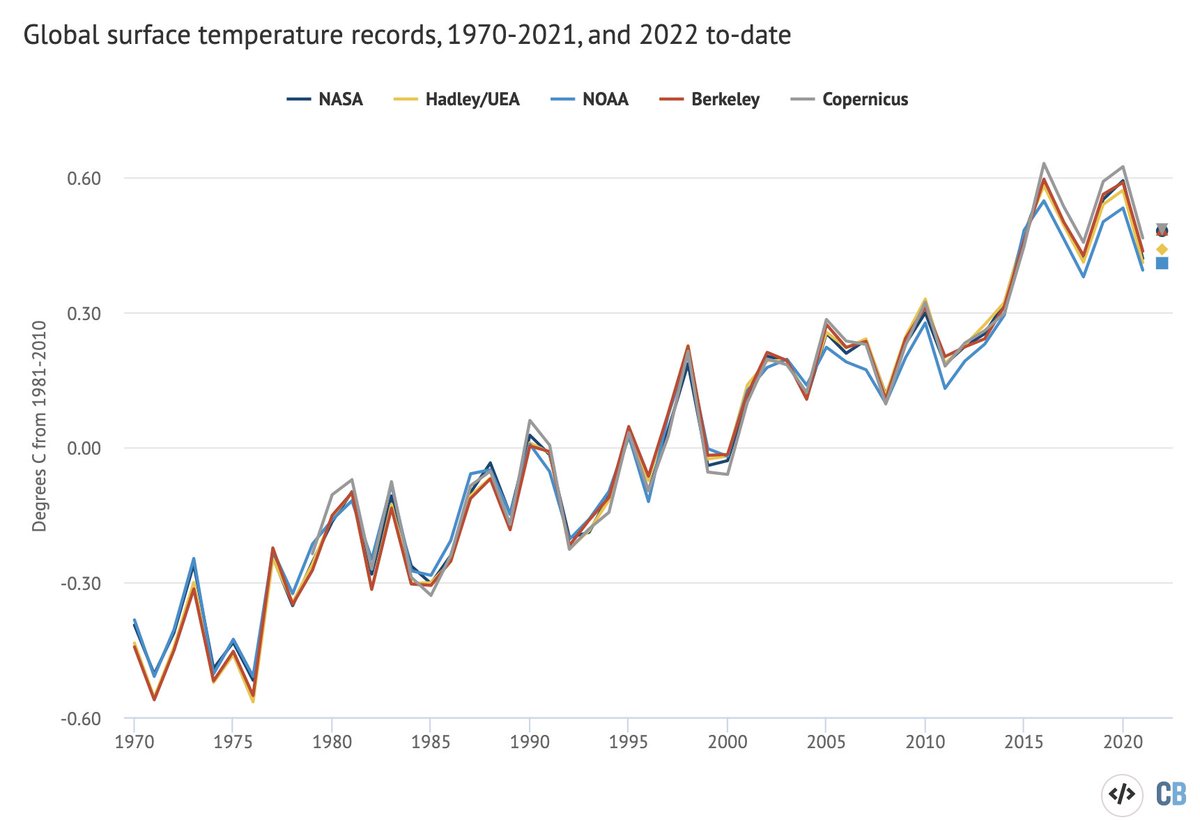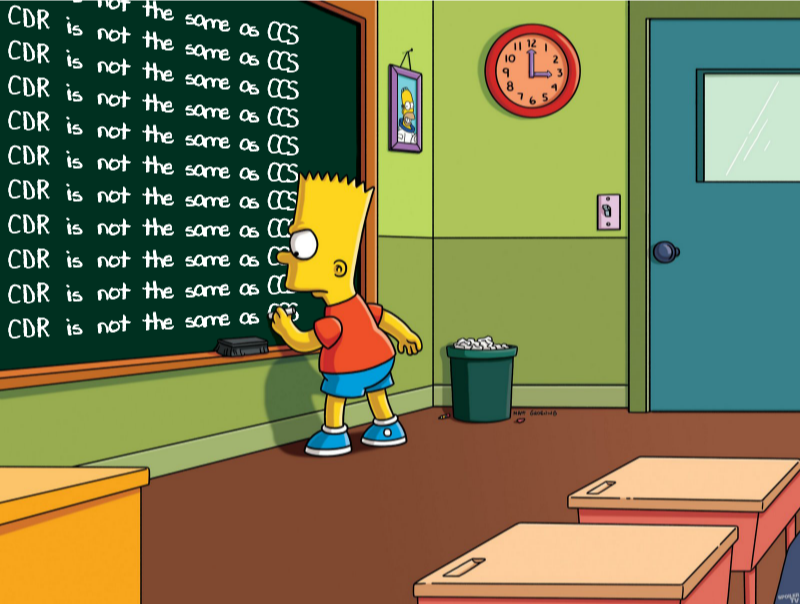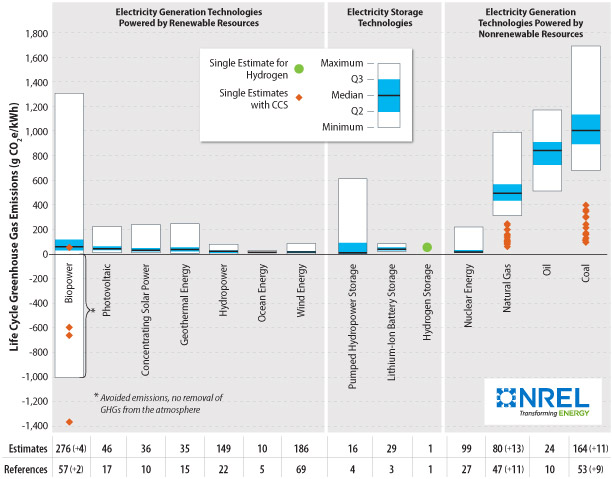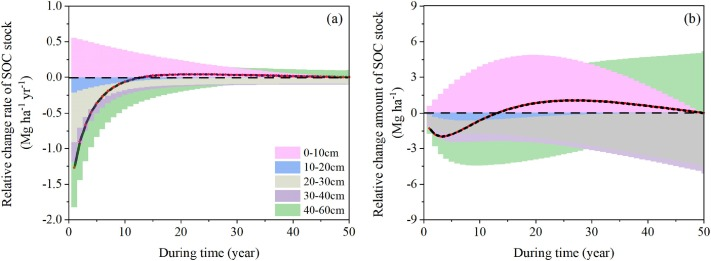
The biggest climate impact of the new IRA bill is also one of the most under-appreciated: demand destruction for fossil fuels.
US oil and gas consumption has almost always gone up. Now we are quickly moving toward a world where clean energy is so cheap, demand will peak and fall
US oil and gas consumption has almost always gone up. Now we are quickly moving toward a world where clean energy is so cheap, demand will peak and fall
Even before the IRA a number of analysts (including some oil majors) were projecting peak oil demand between 2025 and 2030; this will help further accelerate a global transition away from fossil fuels. 
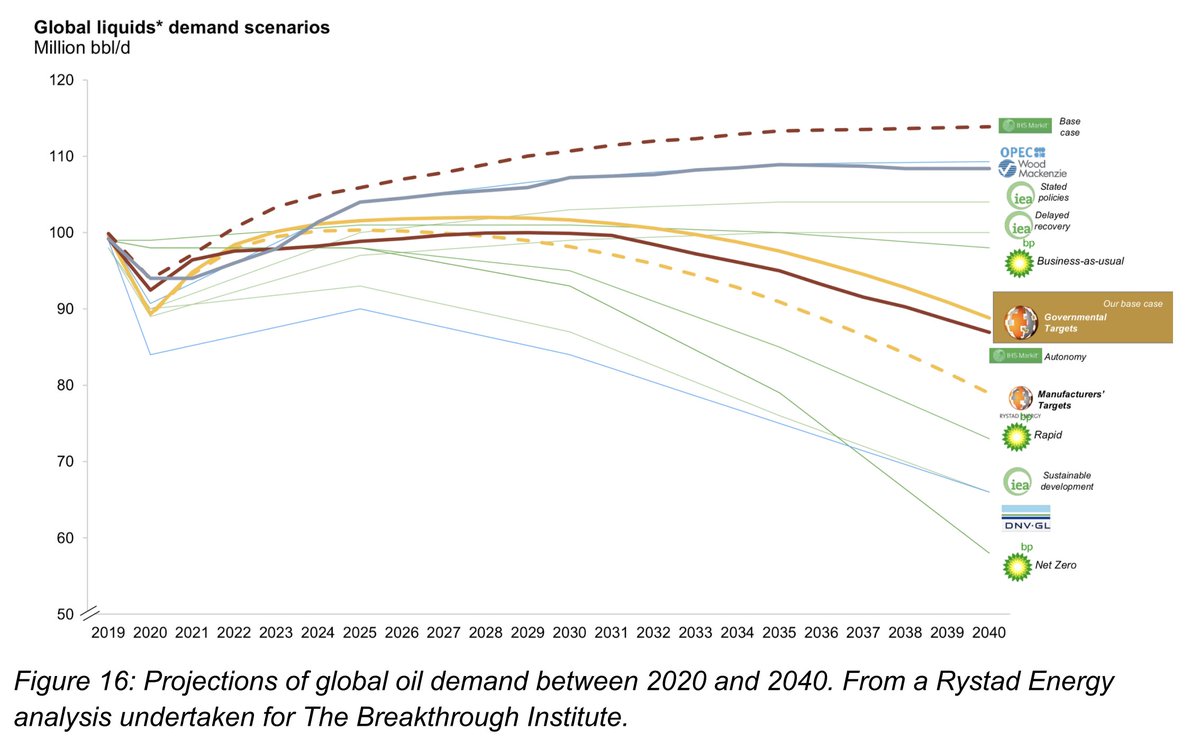
Falling US oil and gas demand substantially changes the equation going forward. It means that fossil fuel prices will likely fall as demand declines, which in turn has big implications for supply.
Even though the IRA bill unfortunately includes provisions opening up areas for fossil fuel development, an oil company today is going to have second thoughts developing high-cost offshore drilling that might take seven years to come onto the market.
In other words, the (much stronger) parts of the IRA that make clean energy cheap effectively undermine the provisions that enable additional fossil fuel supply, as supply will only be developed if enough demand exists to make it cost-effective.
And while the US will make up for some reduced domestic demand through additional fossil fuel exports, our export capacity for gas is limited and the dramatic growth of EVs globally will disadvantage relatively high-cost US oil.
So while I wish we didn't have some provisions in the bill that support oil and gas development, I'm a lot less worried about them because the parts of the bill that reduce demand for fossil fuels are so strong.
• • •
Missing some Tweet in this thread? You can try to
force a refresh



